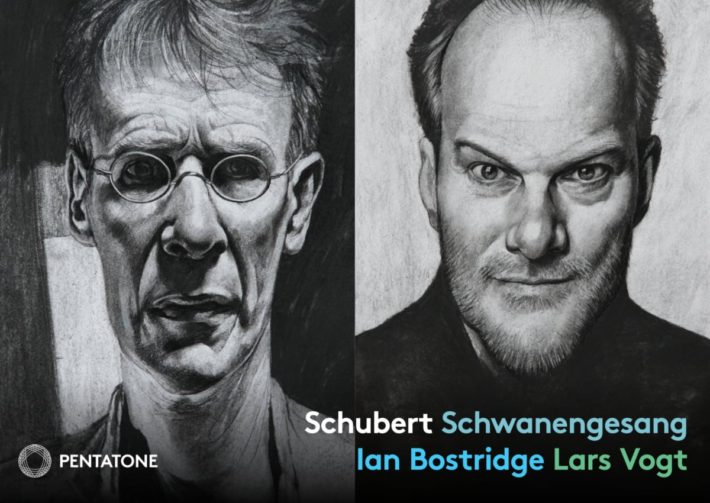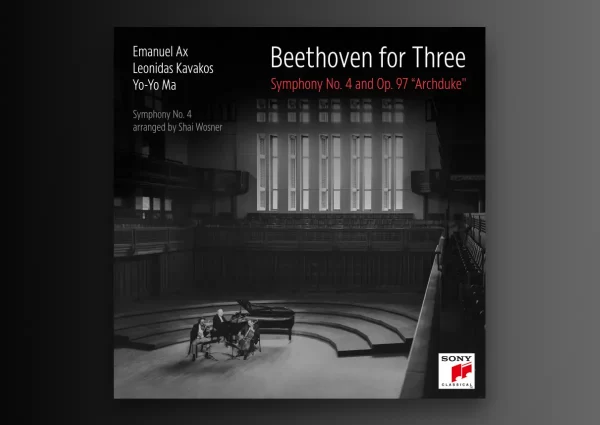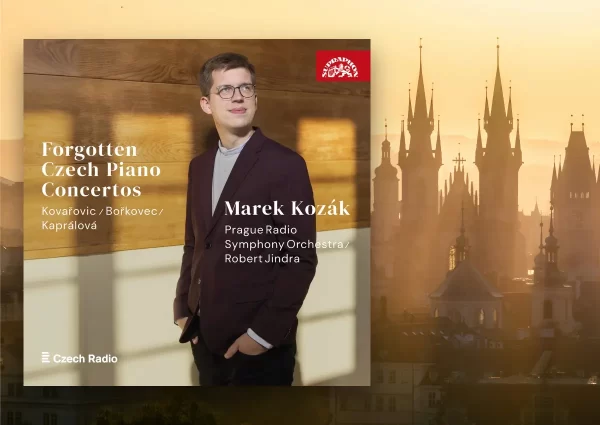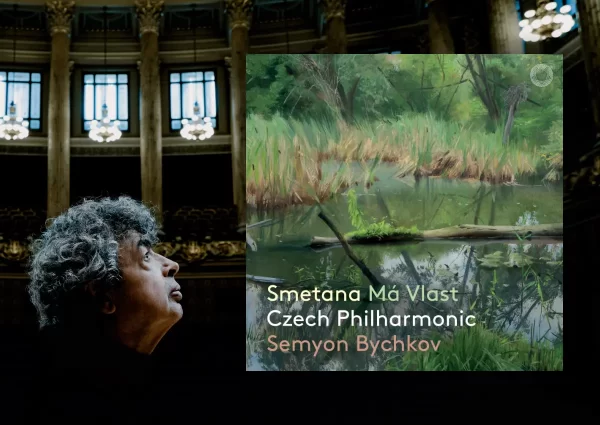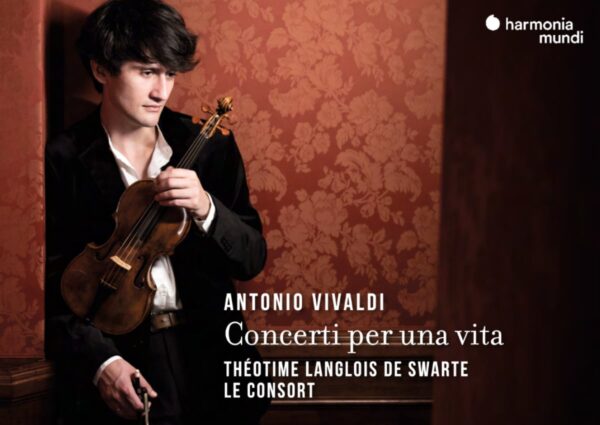This recording marks the final installment in the trilogy of Schubert song cycles Bostridge has recorded for Pentatone since 2019. It also features the efforts the now much-missed Lars Vogt with his untimely passing last month. Although Bostridge has put out more recordings of Die Schöne Müllerin and Winterreise over the years, he does have one other version of Schwanengesang with Antonio Pappano (2009). I was curious to see what a decade has done to further develop what was already a fine interpretation.
Liebesbotschaft (track 1) could not be any different from the 2009 version. Vogt’s treatment of the ‘murmuring brook’ accompaniment uses far less pedal than Pappano’s; this gives said brook a more textured feel, almost like we can see small, rhythmic wavelets. Bostridge replaces the suave coyness of the previous interpretation with greater emphasis on the varied contours of the phrases — I heard more variation of dynamics and articulation this time around. The small collaborative touches are nicely done as well. Vogt’s mindful left-handed phrases in 0’10”-0’22” help draw attention to Schubert’s subtle call-and-response between the two parts.
The duo’s Ständchen (track 4) was initially surprising with Vogt’s rhythmic treatment of the opening, but in the context of what the words describe, his choices prove effective. Many pianists have taken a more meditative and metronomic route here, but Vogt deliberately introduces a push and pull. This creates a rounded arc to the introductory phrases but also breeds sense of urgency, maybe as a way to foreshadow the pleading text. We hear the same level of involvement in Bostridge’s approach that is resonant and forthcoming in the song’s most earnest moments.
The cycle’s lighter selections include Die Fischermädchen (track 10), which is charming and warm–the tenor takes the perfect amount of time in the high points of phrases to elicit the sense of invitation the text conveys. The happiness in this song sets up the unexpected in Die Städt (track 11), which for me is one of the most complex of the set owing to the tenuous balance between suspense and contemplation. The duo’s version has a more dramatic and extroverted edge than the classic Fischer-Dieskau and Gerald Moore version (1958), which is hard to surpass with the level of profundity we hear in Dieskau’s singing. Nevertheless, Bostridge creates the right amount of eeriness while Vogt brings the disquietude through the well-articulated, rustling tremolos.
Related
- Review: Schubert – Die schöne Müllerin – Bostridge, Giorgini
- Review: Schubert – Winterreise – Ian Bostridge, Thomas Adès (2019)
- Review: Beethoven – Songs and Folksongs – Bostridge, Pappano
Where Schwanegesang gave us the opportunity to relish in a vivid and at times extroverted perspective, selections from the D. 620 Einsamkeit (inspired by Beethoven’s An die ferne Geliebte) offer moments of reflection. Fülle der Einsamkeit (track 15) sounds sparse and static at first – but a pleasant deception exists when we get past the first two chords to hear how Schubert actually includes the first of several beautiful harmonic chord progressions that prevail throughout. Vogt delivers vibrant color changes to create distinct characters in each harmony. Bostridge’s level of vocal control here, too, is noteworthy: although he communicates the prevalent calm in the first half of the song, is it not without the subtlest hint that something more is going to happen, which it does: the latter half is filled with dramatic energy from both players, until it comes to a head at the tumultuous high point (3’08”-3’15”).
The final Weihe der Einsamkeit shows Bostridge’s fine diction, vocal versatility, and breadth of control in a highly narrative account. Vogt is just as musically descriptive, especially in how he evokes certain scenes in the text: a mention of a ‘cuckoo’ is immediately obvious in the piano’s elegant bird calls as are the ‘dashing torrents’ and crackles of thunder in the left hand’s broken octave patterns.
The sound engineering feels occasionally lopsided toward the voice but otherwise shows the level of artistic detail with which each performer treats his respective part. Richard Stokes’ liner notes guide us through the works by picking out certain analytical elements and motifs in the songs–an interesting perspective that yet doesn’t wind up overly technical.
Where Bostridge’s 2009 recording gave us an impeccably smooth and polished take on Schwanengesang, this new one ultimately delivers much more in terms of character. Listeners will appreciate how the duo brings out the best in each other. Warmly recommended.

Schubert – Schwanengesang
Ian Bostridge – Tenor
Lars Vogt – Piano
Pentatone, CD PTC5186786
Recommended Comparisons
Read more classical music reviews or visit The Classic Review Amazon store
Follow Us and Comment:
Get our periodic classical music newsletter with our recent reviews, news and beginners guides.
We respect your privacy.

